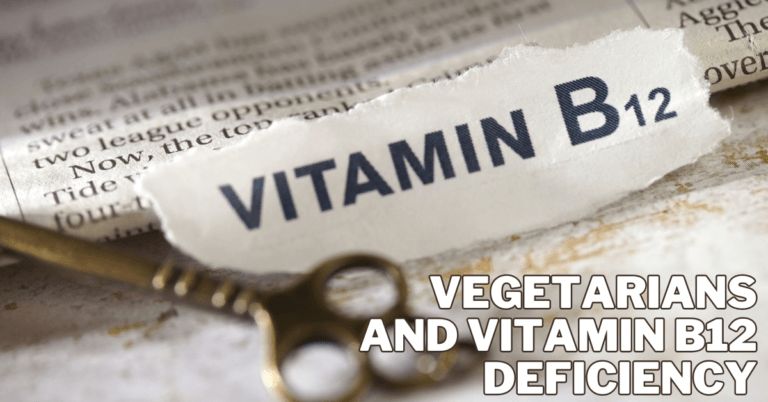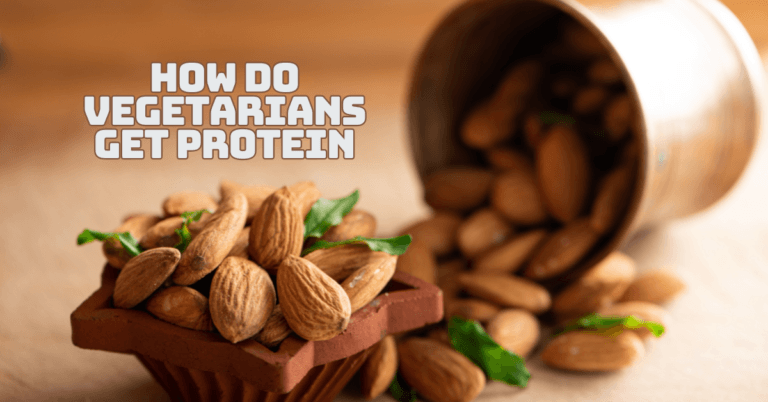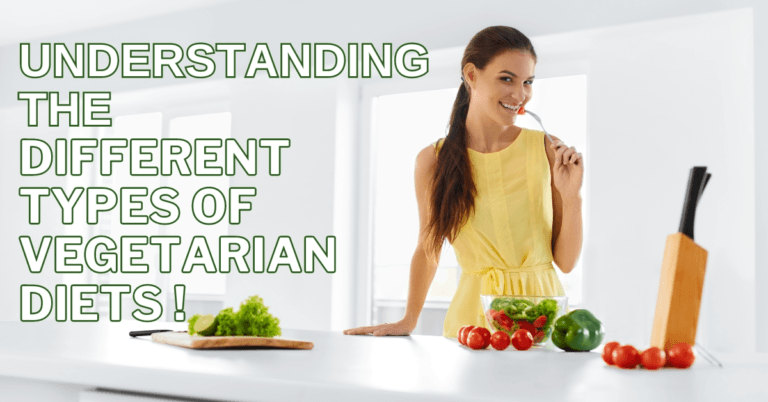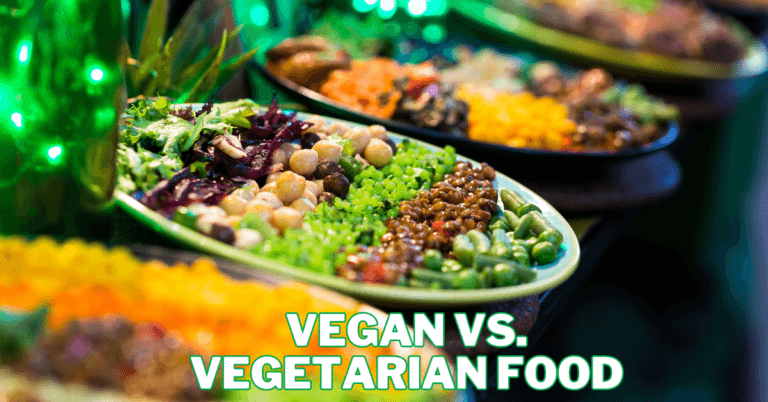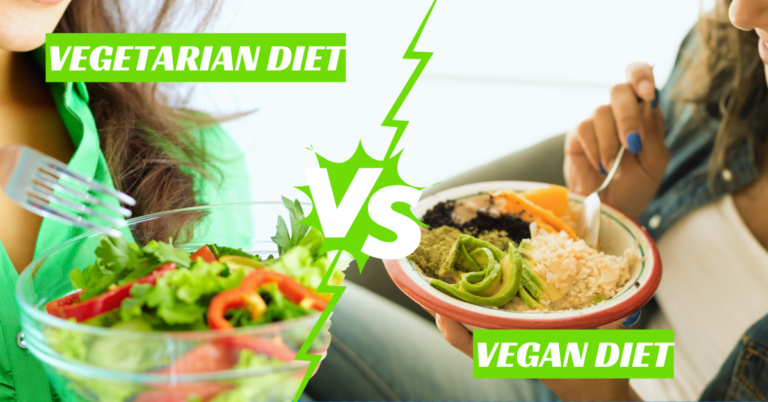Exploring Vegetarian Cream Cheese
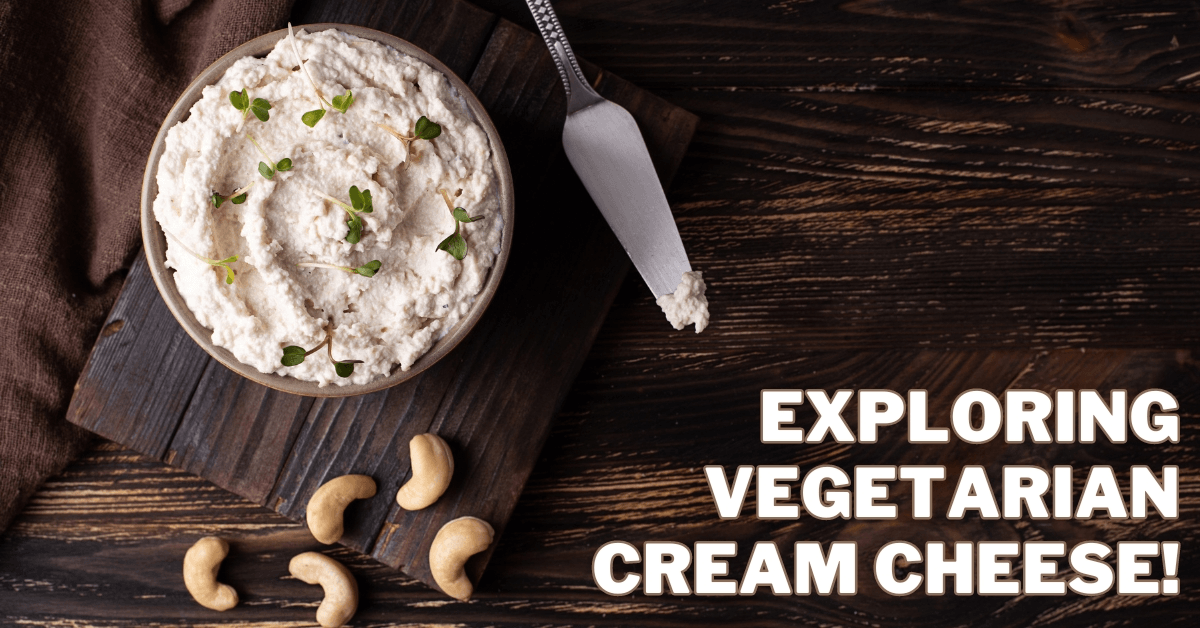
Exploring Vegetarian Cream Cheese: A Culinary Adventure
Would you like to introduce a flavourful addition to your vegetarian kitchen? This article is a culinary guide to vegetarian cream cheese.
This creamy and versatile delight can enhance various dishes, from bagels to veggies to your favorite recipes.
Let's embark on a culinary journey and discover vegetarian cream cheese's mouth-watering flavours and innovative applications.
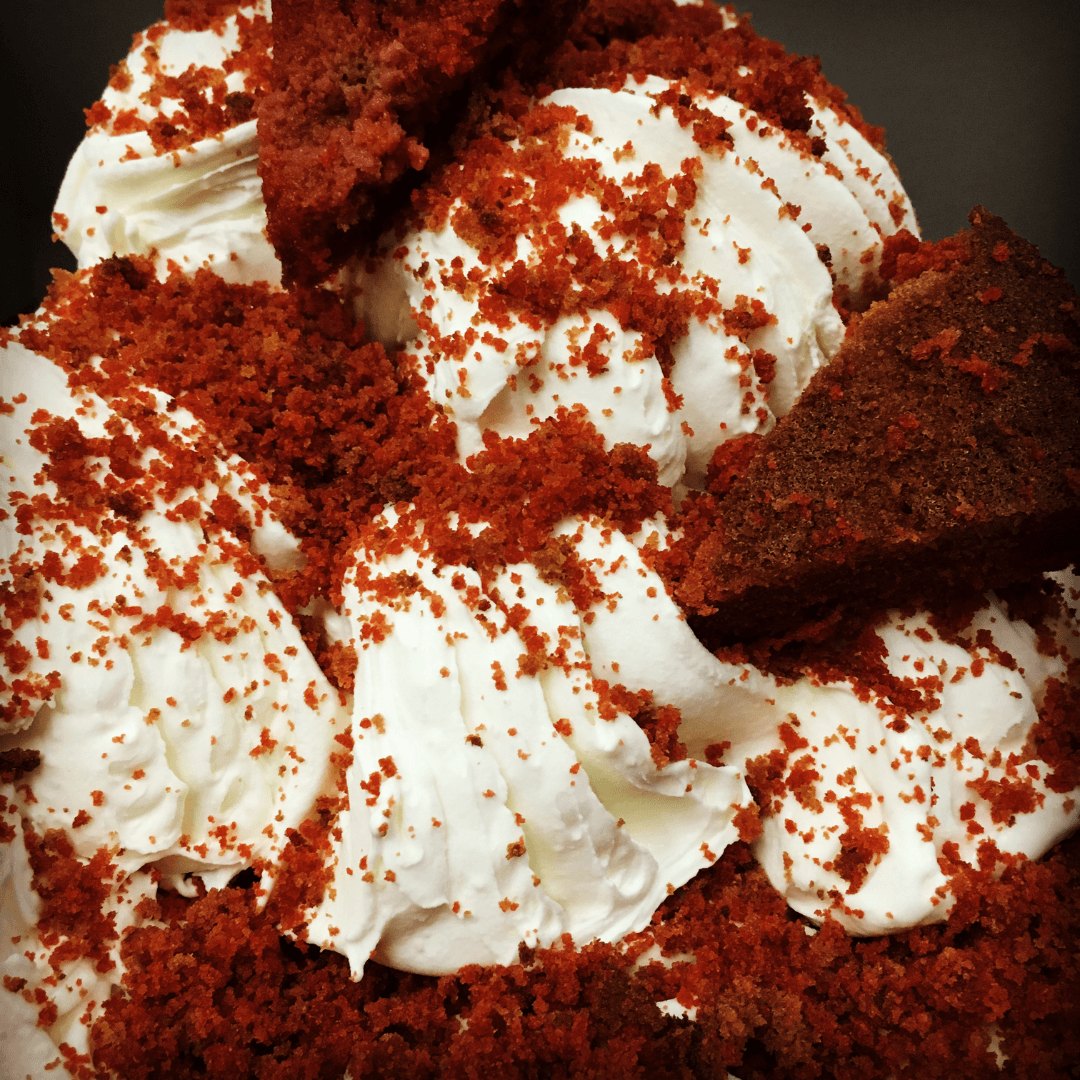
What Is Vegetarian Cream Cheese?
Vegetarian cream cheese is a dairy-free alternative to traditional cream cheese that caters to individuals following vegetarian or vegan lifestyles and those with lactose intolerance or dairy allergies.
Unlike its dairy-based counterpart, vegetarian cream cheese is crafted from plant-based ingredients, typically including a base of nuts like cashews or almonds, coconut oil, soy protein, or tofu.
These ingredients are blended with water, seasonings, and sometimes thickeners like agar or tapioca starch to achieve a smooth, creamy texture reminiscent of traditional cream cheese.
The flavour profiles of vegetarian cream cheeses vary widely, ranging from classic plain varieties to infused options featuring herbs, spices, or vegetables.
They can be found in both savoury and sweet applications, serving as versatile ingredients from dips, spreads, and sauces to cheesecakes, pastries, and frostings.
With its creamy consistency and delicious taste, vegetarian cream cheese offers a delectable alternative for those seeking to indulge in cream cheese without using dairy products.
Types Of Vegetarian Cream Cheese
Vegetarian cream cheese comes in various types, each offering unique flavours, textures, and ingredients to suit different tastes and dietary preferences.
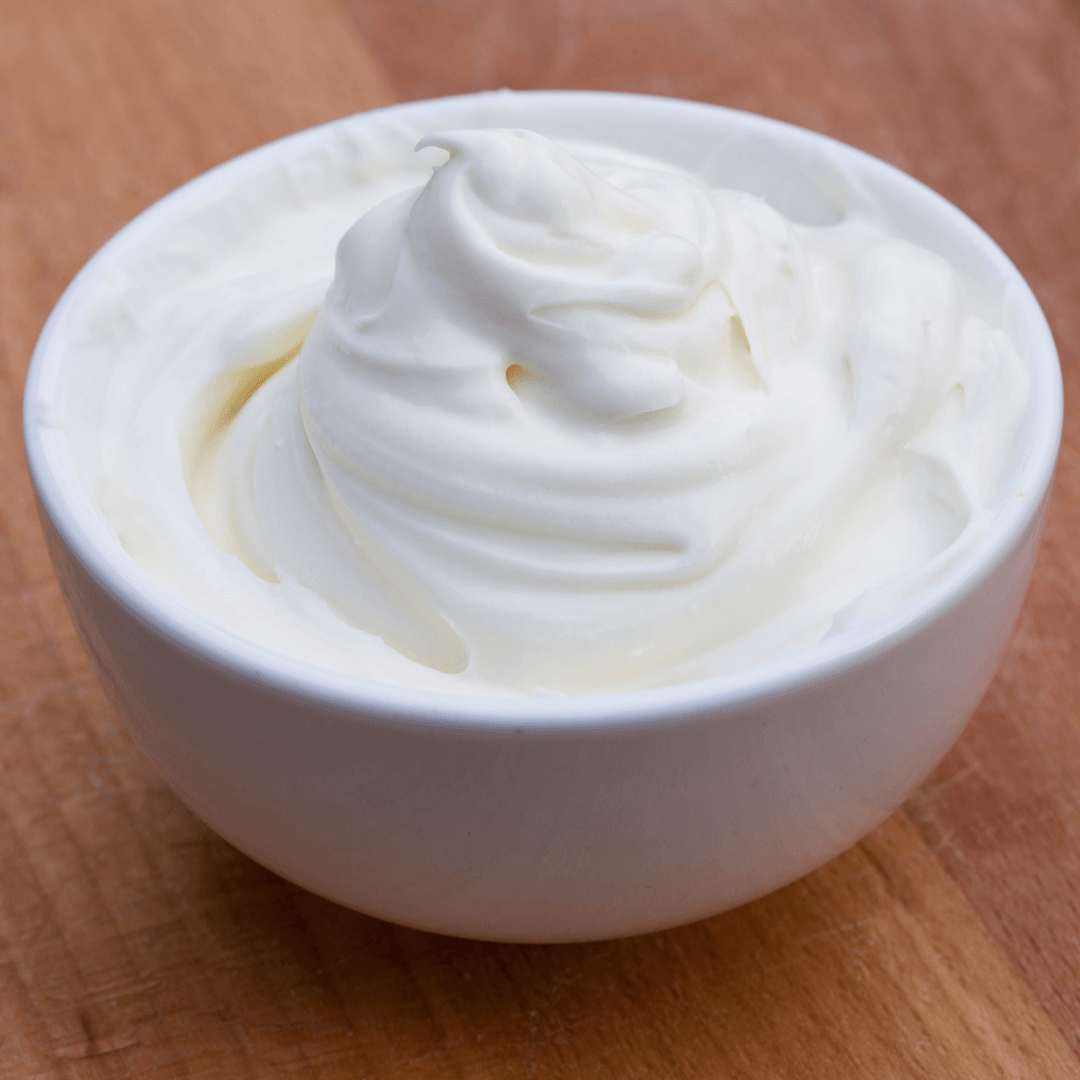
1. Plain
Plain vegetarian cream cheese is the quintessential foundation of dairy-free indulgence, replicating the velvety texture and rich taste of traditional cream cheese without any dairy ingredients.
Its smooth consistency makes it an ideal canvas for culinary creativity. Spread generously on bagels, toast, or crackers, it offers a creamy complement to breakfast staples.
Savoury dishes add a luxurious touch to dips, sauces, and fillings for wraps or sandwiches. In the realm of desserts, it lends its creamy goodness to cheesecakes, frostings, and pastries, imparting a decadent richness without the need for dairy.
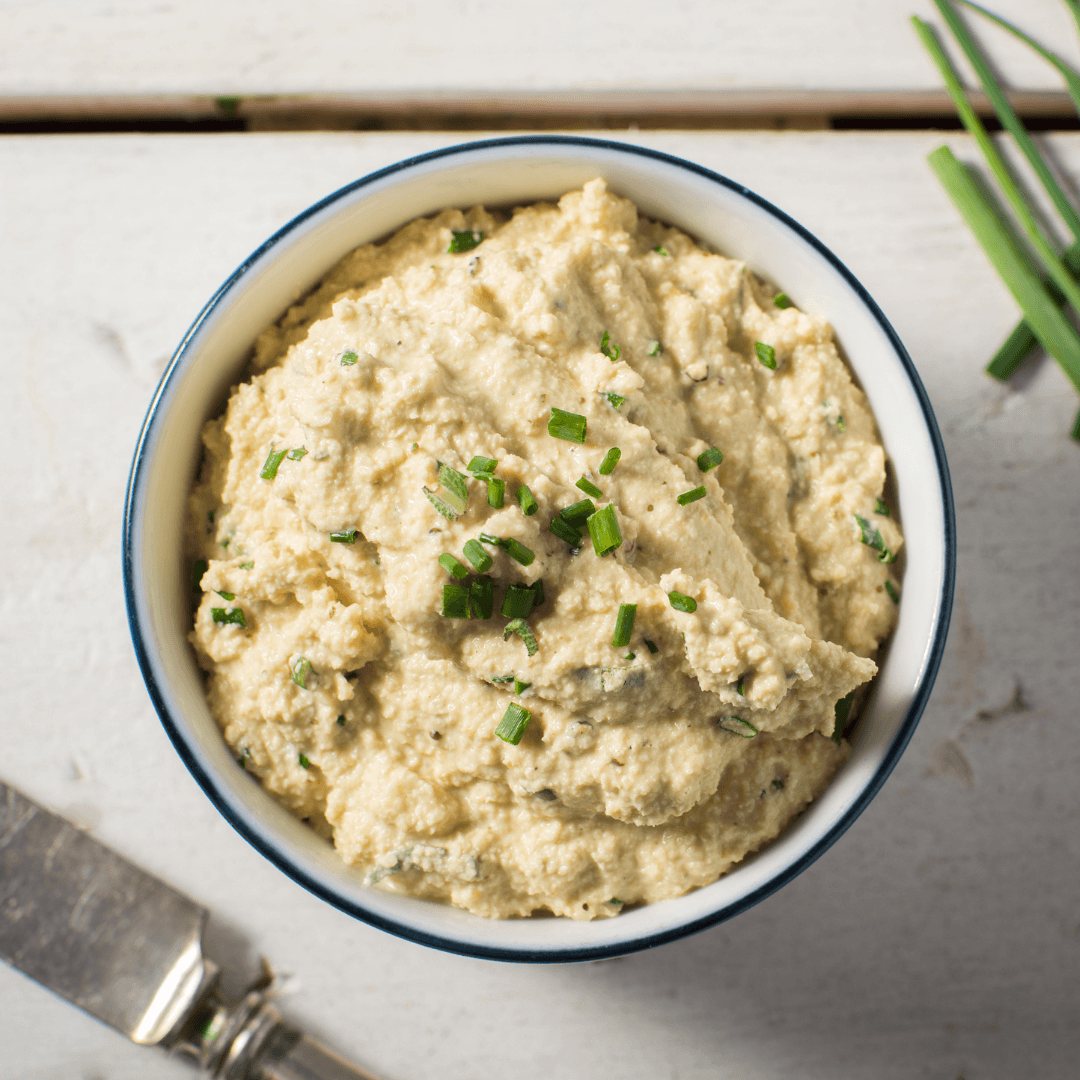
2. Herbed Cream Cheese
Herbed vegetarian cream cheese tantalizes taste buds with its harmonious chives, dill, parsley, and garlic blend, infusing dishes with fresh, aromatic flavour.
Whether spread lavishly on bagels or crackers, it elevates breakfast or snack time to a gourmet experience.
This versatile spread enhances savoury recipes such as stuffed mushrooms or creamy pasta sauces with its zesty essence.
With its aromatic herbs, herbed vegetarian cream cheese transforms ordinary dishes into culinary delights, adding a touch of sophistication and depth to every bite, making every meal an indulgent and memorable affair.
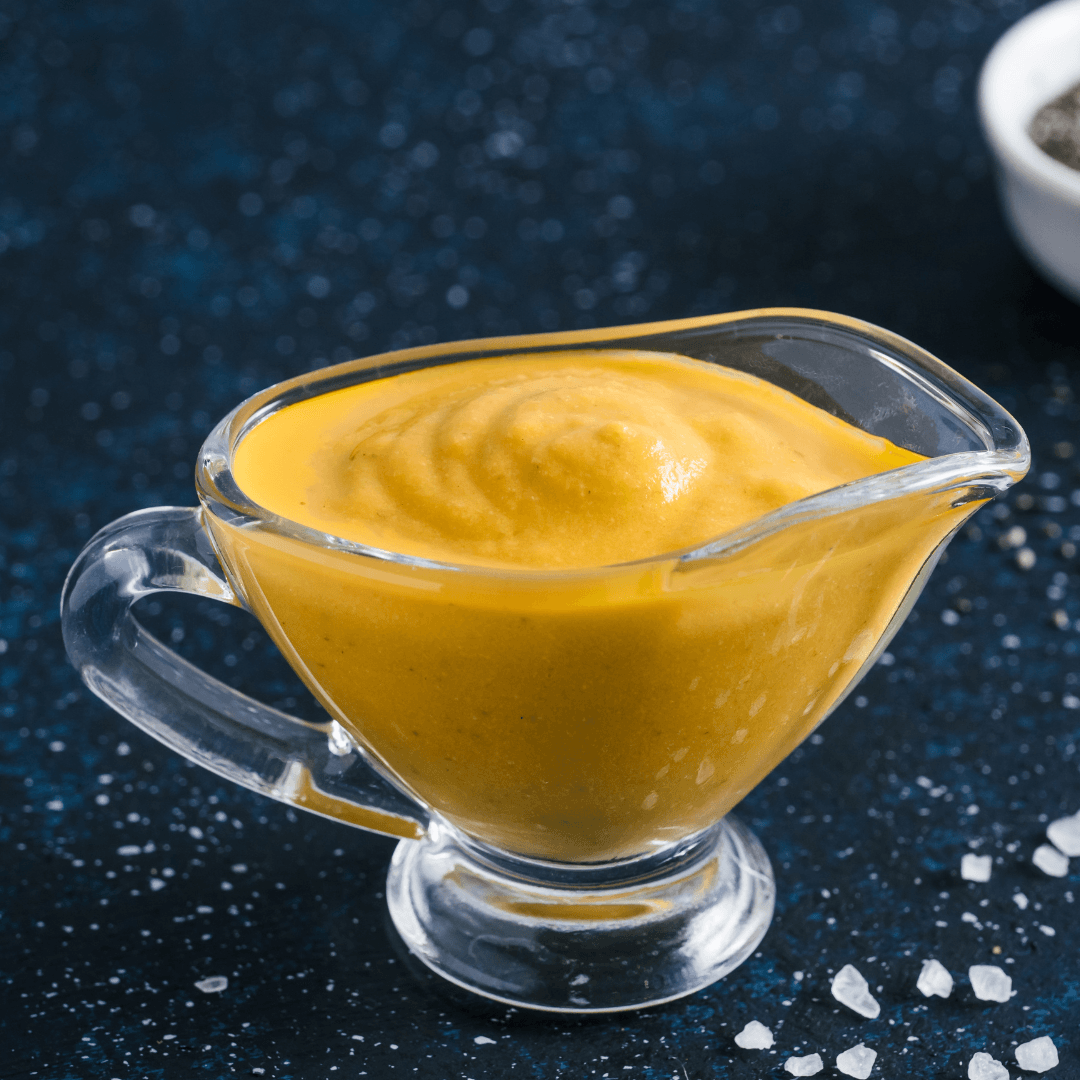
3. Spicy
Spicy vegetarian cream cheese varieties are crafted for those who crave a bold kick of heat in their culinary creations.
These creamy delights pack a punch of fiery flavour infused with ingredients like jalapeños, chipotle peppers, or red pepper flakes.
Perfect for adding an extra dimension to dips, wraps, or appetizers, they awaken the palate with every bite.
Whether you're looking to spice up your favorite dish or simply indulge in the thrill of bold flavours, spicy vegetarian cream cheese offers a compelling experience that ignites the taste buds and leaves a lingering warmth.
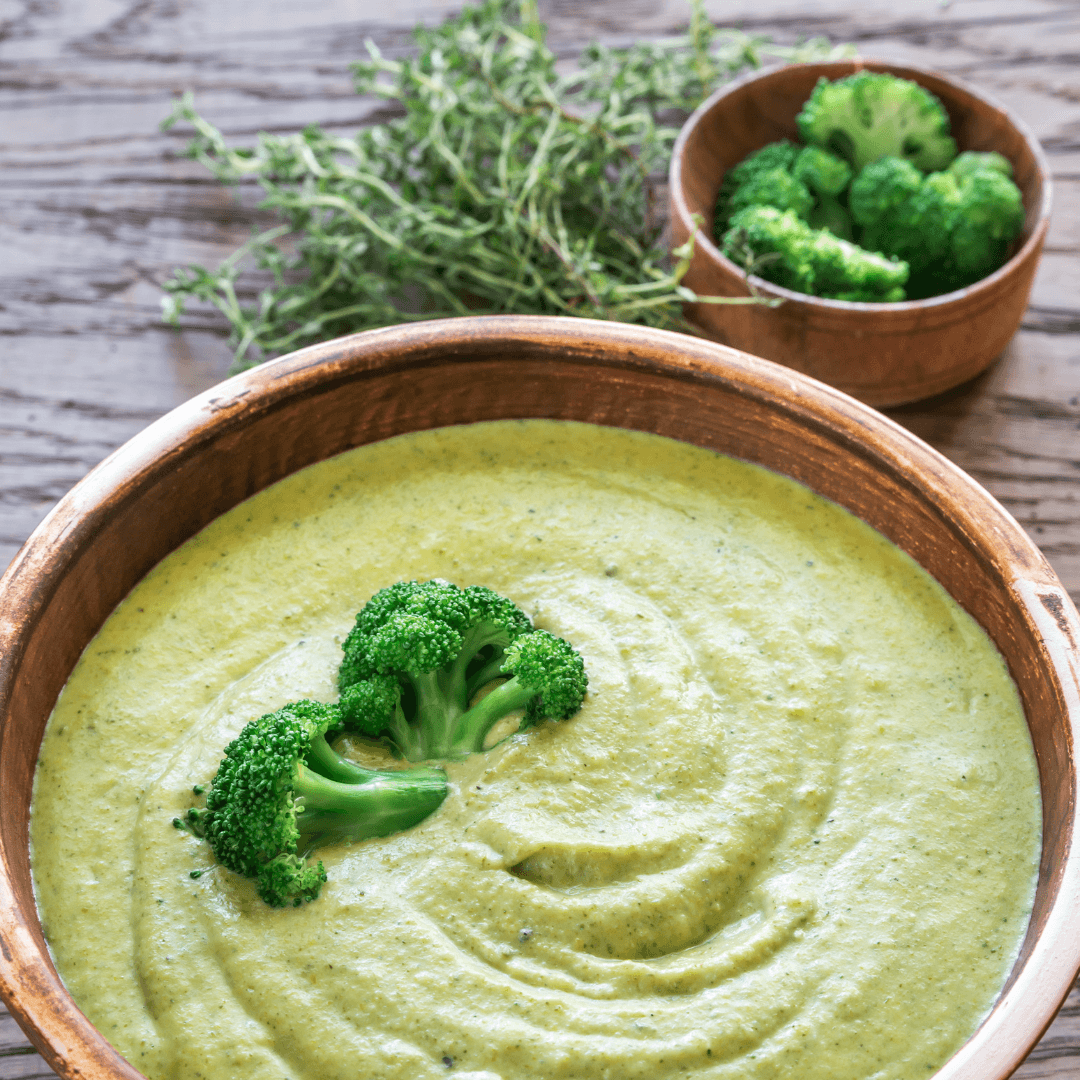
4. Vegetable-Infused
Vegetable-infused vegetarian cream cheeses are culinary treasures that offer a delightful twist on traditional flavours.
Bursting with the essence of sun-dried tomatoes, roasted red peppers, or vibrant spinach, these creamy delights introduce a spectrum of colours and a wealth of nutrients to any dish they grace.
Beyond their visual appeal, these vegetable-infused varieties elevate taste profiles, infusing dishes with complexity and freshness.
Whether spread on bagels, incorporated into dips, or used as a sandwich filling, they lend a refreshing and vibrant touch to every culinary creation.
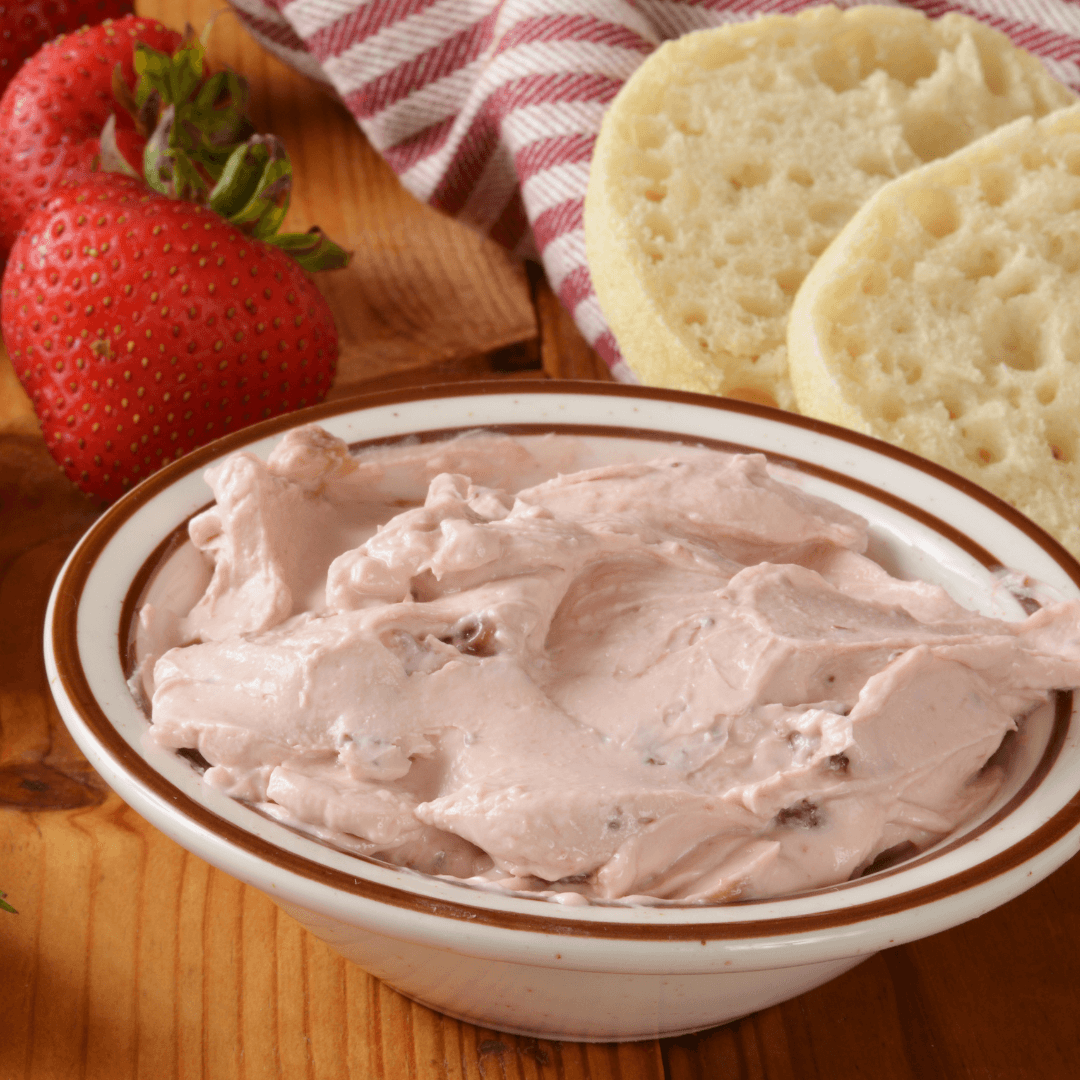
5. Sweetened
Sweetened vegetarian cream cheese varieties offer a delectable fusion of creamy richness and delightful sweetness, infused with tantalizing flavours such as vanilla, honey, or maple syrup.
Perfect for indulgent desserts and breakfast delights, these luscious spreads elevate ordinary dishes to extraordinary culinary experiences.
Whether generously spread on warm toast, delicately layered within pastries or crepes, or whipped into heavenly frostings for cakes and cupcakes, they imbue each bite with a divine sweetness and luxurious creaminess.
Sweetened vegetarian cream cheeses are a must-have with their versatile applications and irresistible flavours.
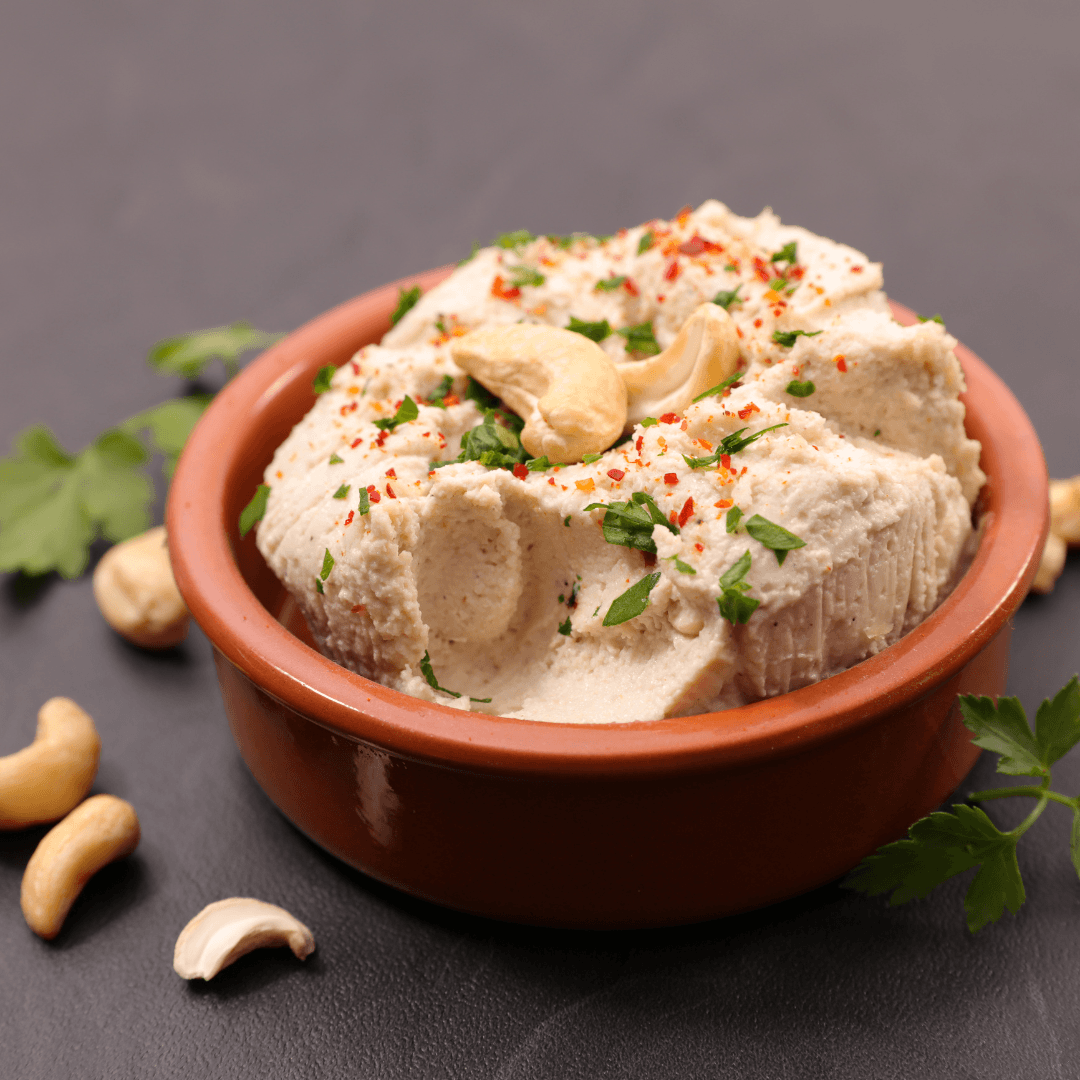
6. Artisanal Or Gourmet
Artisanal or gourmet vegetarian cream cheeses elevate the culinary experience with exquisite craftsmanship and premium ingredients.
Crafted with meticulous attention to detail, these luxurious varieties boast unique flavour profiles that tantalize the taste buds.
From specialty nuts to aged flavours and exotic spices, they offer a symphony of flavours and textures that cater to discerning palates and adventurous food enthusiasts.
Perfect for those who appreciate the finer things in life, artisanal or gourmet vegetarian cream cheeses transform everyday dishes into extraordinary culinary delights, inviting individuals to embark on a gastronomic exploration and indulgence journey.
Health Benefits Of Vegetarian Cream Cheese
Here are ten health benefits of vegetarian cream cheese:
1. Dairy-Free
Tasty dairy-free vegetarian cream cheese is an option for people allergic to dairy or who have lactose sensitivity.
It functions well without dairy products and has a thick, creamy mouthfeel. Plant-based ingredients like nuts and coconut oil ensure individuals can still indulge in cream cheese without experiencing digestive discomfort or allergic reactions.
This suitability for sensitive individuals allows them to partake in culinary delights without compromising taste or dietary restrictions.
2. Lower In Saturated Fat
Reduced consumption of saturated fats from vegetarian cream cheese, as opposed to its dairy-based cousin, is beneficial for heart health.
Plant-based components like almonds and coconut oil can preserve a creamy texture while consuming less saturated fats associated with cardiovascular problems making vegetarian cream cheese a heart-healthy option.
Vegetarian cream cheese reduces saturated fat content, improving cholesterol levels and general heart health.
3. Nutrient-Rich Ingredients
Nutrient-dense ingredients, including almonds, coconut oil, and soy protein, are used to make vegetarian cream cheese, which provides many important vitamins and minerals.
Nuts are an excellent source of protein, healthy fats, and many vitamins and minerals, such as selenium, magnesium, and vitamin E.
Coconut oil adds Medium-chain triglycerides (MCTs), associated with several health advantages. Soy protein provides essential amino acids and a comprehensive source of protein.
4. Plant-Based Protein
The plant-based protein in vegetarian cream cheese, which comes from nuts or soy protein, is essential for maintaining general health and muscle building.
Nuts provide a source of protein, healthy fats, and essential nutrients, aiding in muscle repair and recovery.
By incorporating plant-based protein into the diet through vegetarian cream cheese, individuals can support their muscle strength, promote satiety, and contribute to their overall health.
5. Rich In Healthy Fats
Vegetarian cream cheese has several advantages for brain health. Coconut oil contains medium-chain triglycerides (MCTs), well-known for enhancing brain function and acting as a quick energy source.
By adding vegetarian cream cheese, which has these good fats, to their diet, people can support mental clarity and fuel their brains.
6. Source Of Fibre
Some vegetarian cream cheese types have nutritional fibre, which helps with digestion and makes you feel fuller longer.
Fibre aids in regulating bowel movements, preventing constipation, and promoting a healthy digestive system.
Additionally, fibre slows down digestion, which helps keep you feeling full for longer periods after consuming a meal.
Including fibre-rich vegetarian cream cheese in your diet can support digestive regularity and maintain satiety between meals.
7. Vegan-Friendly
Vegetarian cream cheese is a vegan-friendly alternative to traditional dairy-based cream cheese, making it suitable for individuals adhering to a vegan lifestyle.
By omitting dairy ingredients and utilizing plant-based substitutes, vegetarian cream cheese aligns with the ethical principles of veganism, which advocate for avoiding animal products.
Additionally, by lowering the demand for animal agriculture, which has a major negative influence on the environment, going vegan and selecting vegetarian cream cheese or other vegan products helps to support environmental sustainability.
8. Versatile Ingredient
Vegetarian cream cheese is a remarkably versatile ingredient in various culinary creations.
Whether incorporated into savoury or sweet dishes, it adds a delightful combination of flavour and creaminess.
It enriches sauces, dips, and spreads, providing a velvety texture and a hint of tangy flavour.
Vegetarian cream cheese is a decadent filling for stuffed pastries, wraps, and sandwiches, elevating their taste and adding a touch of indulgence.
9. Lower In Cholesterol
Vegetarian cream cheese offers a heart-healthy advantage by containing no cholesterol, unlike dairy-based cream cheese.
Cholesterol is a fatty substance found in animal products that, when consumed in excess, can contribute to heart disease and other cardiovascular issues.
By opting for vegetarian cream cheese, individuals can enjoy the creamy indulgence of cream cheese without the added cholesterol content, promoting better heart health and reducing the risk of cholesterol-related complications.
10. Dietary Variety
Vegetarian cream cheese promotes dietary variety by offering various plant-based options, allowing individuals to explore new flavours and textures while adhering to their dietary preferences.
Vegetarian cream cheese encourages culinary experimentation and creativity with many flavours and varieties, from classic plain to herb-infused and spicy options.
By incorporating this versatile ingredient into their meals and snacks, individuals can enjoy the satisfaction of diverse and flavourful plant-based eating.
How To Make Vegetarian Cream Cheese
Here's a step-by-step guide for making homemade vegetarian cream cheese, including prep time, cook time, servings, ingredients, instructions, and nutrition facts (per 1 cup serving):
Prep time: 10 minutes (plus 4-8 hours for soaking the cashews) | Cook time: 0 minutes | Total time: 10 minutes | Servings: ~1 cup
Ingredients
- Raw cashews: 1 cup, soaked in water for 4 hours or overnight
- Lemon juice: 2 tablespoons
- Nutritional yeast: 2 tablespoons
- Coconut oil: 2 tablespoons, melted
- Sea salt: ½ teaspoon or to taste
- Water, as needed for blending
Method
- Add the raw cashews to a bowl and add water to cover. Soak the cashews for a minimum of four hours or overnight.
- Drain the cashews and rinse them under running water.
- Combine the soaked cashews, lemon juice, nutritional yeast, melted coconut oil, and salt in a high-speed blender or food processor.
- Blend the ingredients until they are smooth and creamy. Scraping down the sides if necessary.
- Add a tablespoon or two of water to the mixture if it's too thick for consistency. Blend until smooth once more.
- Once the mixture is smooth and creamy, taste it and add additional lemon juice or sea salt.
- Transfer the cream cheese mixture to a clean container or jar with a tight-fitting lid.
- Refrigerate the cream cheese for 1-2 hours to strengthen and develop its flavour.
- Once chilled, your homemade vegetarian cream cheese is ready to serve!
- Use it as a spread for bagels, toast, crackers, or sandwiches. You can also incorporate it into recipes for cream cheese, such as dips, sauces, or desserts.
Nutrition Facts Of Vegetarian Cream Cheese (per 1 cup serving)
- Calories: ~800 kcal
- Total Fat: 64g
- Saturated Fat: 22g
- Trans Fat: 0g
- Cholesterol: 0mg
- Sodium: 600mg
- Total carbohydrates: 44g
- Dietary fibre: 7g
- Sugars: 6g
- Protein: 22g
Note: The nutritional information can change based on particular ingredients and portion levels. Changes can be made to accommodate nutritional requirements and dietary preferences.
Recipes Using Vegetarian Cream Cheese
Here are a couple of recipes featuring vegetarian cream cheese

Recipe 1: Vegetarian Cream Cheese Stuffed Mushrooms
Prep time: 15 minutes | Cook time: 20 minutes | Total time: 35 minutes | Servings: 4
Ingredients
- Large mushrooms: 16, cleaned and stems removed
- Vegetarian cream cheese: 1 cup
- Vegan parmesan cheese: ¼ cup, grated
- Garlic: 2 cloves, minced
- Fresh parsley: 2 tablespoons, chopped
- Sea salt and pepper to taste
- Olive oil for drizzling
Method
- Turn the oven on to 375°F (190°C).
- In a mixing bowl, stir together diced parsley, vegan parmesan cheese, vegetarian cream cheese, minced garlic, salt, and pepper.
- Evenly spoon the cream cheese mixture into each mushroom cap.
- Slide the filled mushrooms onto a baking sheet covered with parchment paper.
- Drizzle the densely packed mushrooms with olive oil.
- Bake the mushrooms until they are tender and caramelized, about 20 minutes.
- Present heat and savour!
Nutrition Facts Of Vegetarian Cream Cheese Stuffed Mushrooms (per 1 cup serving)
- Calories: 220 kcal
- Total Fat: 18g
- Saturated Fat: 8g
- Cholesterol: 0mg
- Sodium: 320mg
- Total carbohydrates: 9g
- Dietary Fibre: 2g
- Sugars: 3g
- Protein: 8g

Recipe 2: Vegan Cream Cheese And Veggie Pinwheels
Prep time: 15 minutes | Cook time: 0 minutes | Total time: 15 minutes | Servings: 8
Ingredients
- Whole wheat tortilla: 1 large
- Vegetarian cream cheese: 1 cup
- Mixed vegetables (carrots, bell peppers, and cucumbers): ½ cup, finely chopped
- Fresh spinach leaves: ¼ cup, chopped
- Sea salt and pepper to taste
Method
- Lay the whole wheat tortilla flat on a clean surface.
- Spread vegetarian cream cheese evenly over the entire surface of the tortilla.
- Sprinkle chopped mixed vegetables and spinach leaves over the cream cheese layer.
- To taste, add salt and pepper for seasoning.
- Roll the tortilla tightly into a log.
- Slice the rolled tortilla into 1-inch-thick pinwheels.
- Serve immediately or store in the refrigerator when ready to serve.
Nutrition Facts Of Vegan Cream Cheese And Veggie Pinwheels (per 1 cup serving)
- Calories: 180 kcal
- Total Fat: 12g
- Saturated Fat: 6g
- Cholesterol: 0mg
- Sodium: 280mg
- Total carbohydrates: 15g
- Dietary Fibre: 3g
- Sugars: 2g
- Protein: 5g

Recipe 3: Vegan Vegetable Pizza With A Cream Cheese Sauce
Prep time: 15 minutes | Cook time: 20 minutes \ Total time: 35 minutes | Servings: 4
Ingredients
- Premade pizza crust: 1
- Vegetarian cream cheese: 1 cup
- Unsweetened almond milk: ¼ cup
- Italian seasoning: 1 teaspoon
- Assorted vegetables (bell peppers, mushrooms, onions, tomatoes, etc.): 2 cups
- Sea salt and pepper to taste
Method
- Set the oven temperature to 425°F (220°C).
- Heat vegetarian cream cheese and almond milk over low heat in a small saucepan until smooth and creamy. Stir in Italian seasoning.
- Spread cream cheese sauce evenly over the pre-made pizza crust.
- Arrange sliced vegetables in the sauce and season with salt and pepper.
- Bake the pizza in the oven for 15-20 minutes or until the crust is golden brown and the vegetables are tender.
- Slice and serve hot. Enjoy a delicious and satisfying vegan pizza!
Nutrition Facts Of Vegan Vegetable Pizza With A Cream Cheese Sauce (per 1 cup serving):
- Calories: ~280 kcal
- Total fat: 18g
- Saturated fat: 6g
- Cholesterol: 0mg
- Sodium: 480mg
- Total carbohydrates: 25g
- Dietary fibre: 3g
- Sugars: 2g
- Protein: 6g
These recipes offer delicious ways to incorporate vegetarian cream cheese into your meals or snacks.
Conclusion
In conclusion, venturing into the world of vegetarian cream cheese has proven to be a fascinating culinary voyage with countless opportunities.
From its creamy texture to its versatile flavour profiles, vegetarian cream cheese has proven to be a valuable addition to savoury and sweet dishes, offering a delectable alternative to traditional cream cheese.
Whether enjoyed in stuffed mushrooms, spread on bagels, or incorporated into vegan desserts, vegetarian cream cheese has showcased its ability to elevate ordinary recipes into extraordinary culinary creations.
Vegetarian cream cheese is a monument to the inventiveness and originality that flourish in vegan cuisine as we continue to explore the vast world of plant-based diets.
I trust you enjoyed reading the article on Exploring Vegetarian Cream Cheese. Please stay tuned. More blog posts will be posted very shortly.
JeannetteZ
>>>Please click here to read my Vegan Travel Guides To World Destinations<<<
>>>Do You Love Cheese? Do You Want To Learn How To Make Your Own Delicious, Healthy AND 100% Vegan Cheese For You And Your Family? Click here for My #1 Recommendation<<<
Your Opinion Is Important To Me
Do you have thoughts, ideas, or questions? I would love to hear from you. Please leave me your questions, experiences, and remarks about Exploring Vegetarian Cream Cheese in the comments section below. You can also reach me by email at Jeannette@LivingTheVeganLifestyle.org.
Disclosure
This post may contain affiliate links. I earn from qualifying purchases as an Amazon Associate and other affiliate programs. Please read my full disclosure.

